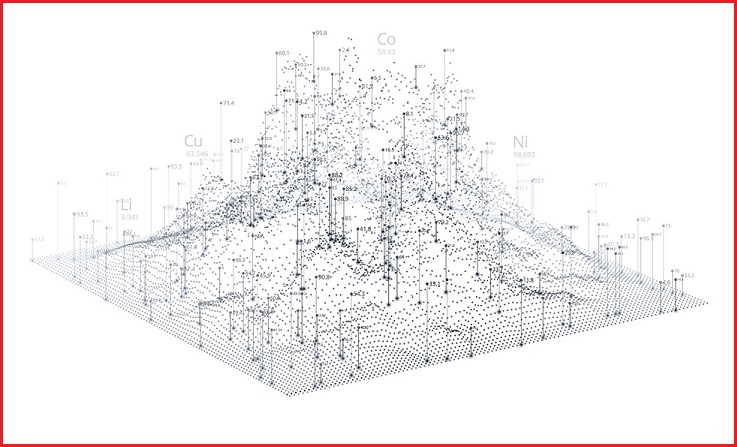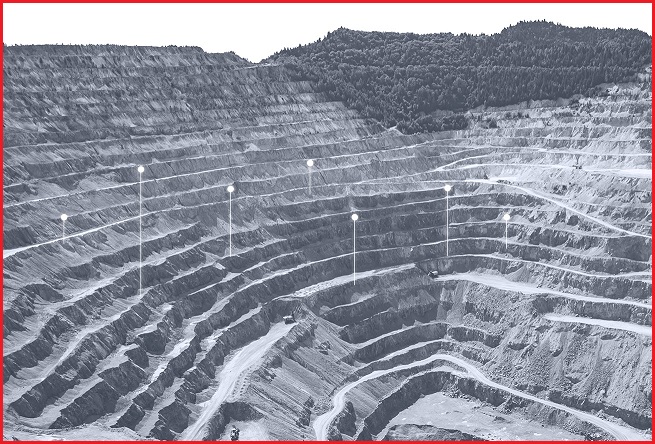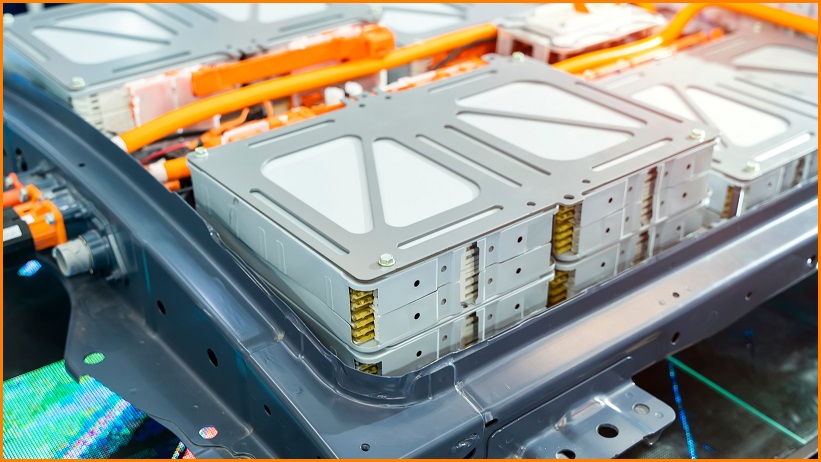In the quest to advance the uptake of electric vehicles (EVs), one of the chief impediments is sourcing the metals needed to create the batteries.
Now an unlikely partnership between BHP and mining startup KoBold Metals, which counts Bill Gates and Jeff Bezos as backers, will use advanced technology to locate battery metal deposits.
KoBold Metals hopes to find new supplies of lithium, cobalt and other metals the world desperately needs.
The Silicon Valley-based, tech-driven exploration company has developed an artificial intelligence platform that will be combined with BHP’s historical data, geological expertise and local knowledge in an exploration alliance to search for key electric vehicle and renewable energy metals.
KoBold CEO Kurt Z. House said that using BHP data from more than 130 years in mining with its Machine Prospector technology will enable them to identify new sources “of the critical raw materials needed for the electric vehicle and renewable energy revolutions”.
Starting in Western Australia and moving into other parts over time, the two will operate and fund exploration programs to predict the subsurface locations of key geologic features that could indicate untapped resources.
House told Bloomberg that in WA, a lot of the data is “dark data that hasn’t been used more than once”.


High-tech prospecting using machine learning and ground imaging. Images: KoBold Metals
Inside the ML mining tech
KoBold uses AI to guide where to acquire land, what data to collect and where to drill through its own projects as well as joint ventures and alliances with major mining companies that use historic and underexploited datasets to generate new exploration opportunities.
Its data platform, TerraShed, aggregates and structures vast collections of scientific data and makes it available for analysis.
TerraShed uses more than a century’s worth of data from private and public sources worldwide to make it rapidly available for analysis.
Machine Prospector is a suite of algorithms that interrogates the TerraShed data with a range of techniques, including ensemble machine learning, full-physics joint inversions and computer vision to help identify previously unknown mineral deposits buried deep below the earth’s surface.
In addition, aircraft and satellite geophysical and spectral surveys will help augment and refine the AI models to guide in real-time where Kobold’s geologists will survey, sample, drill and discover.
Is smart ethical metal exploration possible?
As the world invests in new infrastructure and technologies, such as copper-intensive solar generation and nickel-intensive batteries to meet the objectives of the Paris Climate Accord, global demand for copper and nickel will grow significantly over the next 30 years.
However, replacing petrol-powered cars with electric vehicles will require building batteries using the world’s reserves of cobalt, nickel, copper and lithium.
So, it’s essential to find new sources of these metals, and that means discovery.
Typically mineral exploration industry is yielding lower returns because the tier one deposits — those with the largest mineral endowments and long-term financial upside that are outcropping or near-surface — have largely been discovered.
The remaining ore deposits are deeper underground and harder to see from the surface.
The other issue is that more than two-thirds of the world’s existing cobalt supply comes from the Democratic Republic of the Congo (DRC), where child labor abuses have been extensive.
To try to find a better way, KoBold’s technology has been designed to pick up faint signals in the data pointing to hidden ore deposits below.
The goal is to unearth new, ethically sourced deposits of critical battery minerals in politically stable jurisdictions using technology that can ‘peer’ into the earth’s subsurface.
By combining AI technology and human geoscientists using data and geologic know-how, KoBold is hoping to develop responsible exploration of new battery metal deposits in countries with sound labour practices.






